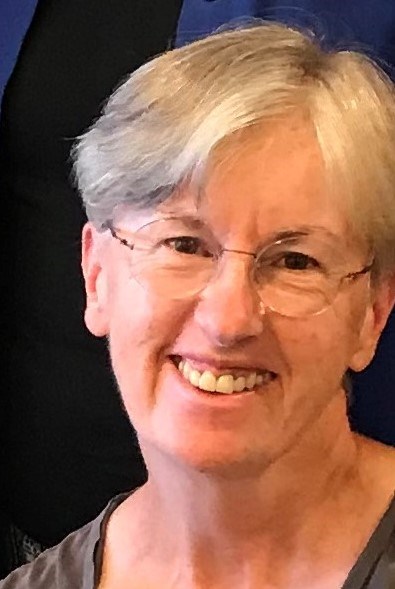 I have a hard time with labels like left, right, atheist, religiousŌĆ” They often just donŌĆÖt fit very well. They can be awkward, misleading and not very flattering. Since they can and do build largely artificial boundaries and discourage flexibility, is there any utility in adopting a brand and being loyal to it?╠²
I have a hard time with labels like left, right, atheist, religiousŌĆ” They often just donŌĆÖt fit very well. They can be awkward, misleading and not very flattering. Since they can and do build largely artificial boundaries and discourage flexibility, is there any utility in adopting a brand and being loyal to it?╠²
ThereŌĆÖs a certain freedom and independence in depoliticizing an issue or an identity. You can have an opinion without having an enemy or take on a cause without fighting against one. You can look for truth constantly and without discrimination, weaving together experience and understanding in richer and more subtle ways, not to mention a freer and less inflammatory mingling of people and ideas.╠²
The concept of the unbiased seeker is in many spiritual traditions. In the Bah├ĪŌĆÖ├Ł sacred writings there are many reminders to forgo preconceived notions, reflect, ask questions and independently seek knowledge and understanding. Among those reminders is the╠²Tablet of the True Seeker, which advises:
ŌĆ£He must so cleanse his heart that no remnant of either love or hate may linger therein, lest that love blindly incline him to error, or that hate repel him away from the truth.ŌĆØ
And in the Valley of Search, the first of Seven Valleys in a mystical work on spiritual development, Bah├ĪŌĆÖuŌĆÖll├Īh╠²advises that such seekers must ŌĆ£cleanse the heartŌĆöwhich is the wellspring of divine treasuresŌĆöfrom every marking, and that they turn away from imitationŌĆ”ŌĆØ
Interestingly, these counsels seem to correlate with the scientific method, where legitimate research requires impartiality. In principle, neither politics, public opinion nor money should influence the nature of the hypothesis to be investigated nor the results of the investigation.╠²
The ideal of an impartial search for truth can be applied to almost every area of life, from personal decision-making to public discourse, law, journalism, governance ŌĆō an endless list. The more authentic the person or the democracy, the less tolerance there is for manipulation, self-interested bias and personal agendas.╠²
The changes that need to be made in the world right now are systemic and, above that, relational. It will take much more than a bullet list of tweaks and compromises to get us past the multiple complex logjams preventing progress. Good decisions that lead to positive outcomes will require entering into a right relationship with each other and every living system.╠²
Practices that nudge us in the right direction are worth examination. In Bah├ĪŌĆÖ├Ł community life there is a well-defined set of guidelines that undergird the process of decision-making at all levels, known as the ŌĆ£principle of consultationŌĆØ. Ideas are to be set forth without fear of judgement. Once set forth, they no longer belong to anyone, but are to be discussed freely. Those consulting are to speak dispassionately so as not to give offense; nor should they take offense. The watchwords are ŌĆ£frankŌĆØ and ŌĆ£lovingŌĆØ. Each person must be ready at all times to change his or her opinion, with complete detachment from anything other than a love of truth and a desire to serve the greater good.
Combined with an admonition against backbiting and the counsel for all to wholeheartedly support whatever decision is made so that it can stand or fall on its own merits, the method encourages collaboration, unity, and freedom from fear of censure and bullying.╠²
Looking past the labels and ideologies by independently seeking truth and engaging in respectful dialogue can help preserve harmony and encourage wisdom. Like a healthy immune system, those values can prevent us from falling prey to polarization, identity politics, tribalism and the ills that derive from them.
 Sheila Flood is a member of the Bah├ĪŌĆÖ├Ł community of Saanich and Chair of the Victoria Multifaith Society.
Sheila Flood is a member of the Bah├ĪŌĆÖ├Ł community of Saanich and Chair of the Victoria Multifaith Society.
You can read mor articles onour interfaith blog, Spiritually Speaking HERE
* This article was published in the print edition of the Times 91įŁ┤┤ on Saturday, March 8th 2020
Photo of hiker in a valley by╠²╠²┤Ū▓į╠²
╠²
╠²


